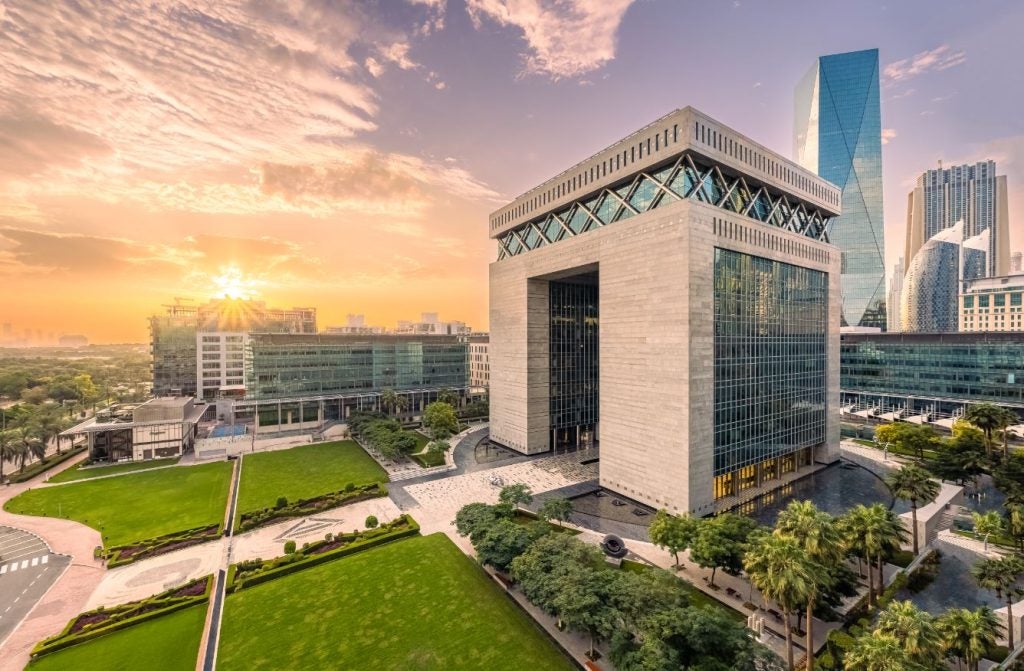The tide is now turning the favour back to developed markets as emerging markets face the sting of the Federal Reserve’s tapering.
Fed’s decision to reduce its stimulus program heralds the end of an era of artificially low interest rates. This means borrowing costs would increase and those emerging economies with large current account deficits and inflation are most at risk.
"We are changing the way we select assets because we really expect the growth to be coming more from developed markets," said Eric Verleyen, chief investment officer at Societe Generale. "We remain negative on emerging markets, especially for the BRICs, mainly on equities but also the fixed income side."
The French bank predicts real gross domestic product for Brazil and Russia to be 2.1% and 2.4% respectively this year which is lesser than the growth for the United States (2.9%) and United Kingdom (2.7%).
Furthermore, slowing growth coupled with capital outflows in emerging economies is revealing deep-seated problems for the need of credit amid lower global liquidity.
Within the BRICs, Brazil, India and South Africa have the largest current account deficits and would require external funding to finance maturing debt. On the other hand, China is experiencing political reforms to rein in structural risks from excessive credit growth.
How well do you really know your competitors?
Access the most comprehensive Company Profiles on the market, powered by GlobalData. Save hours of research. Gain competitive edge.

Thank you!
Your download email will arrive shortly
Not ready to buy yet? Download a free sample
We are confident about the unique quality of our Company Profiles. However, we want you to make the most beneficial decision for your business, so we offer a free sample that you can download by submitting the below form
By GlobalData"China is having reforms which means there will be less public investment that has been a key driver for Chinese economic growth," said Xavier Denis, global strategist at Societe Generale.
The slowdown in China is also reducing the demand for commodities and will further dent economic performance of commodity dependent emerging economies.
However, there are still pockets of opportunities in the emerging markets where open economies such as South Korea, Taiwan and Mexico are poised to benefit from the US broad-based recovery.
"Unlike two years ago, we now prefer emerging markets that are exposed to the growth of developed markets," said Denis.
According to Societe Generale, capital expenditure (capex) has been the missing piece in the global recovery but this is set to change this year.
"There is more visibility in the macro momentum for companies to increase capex and we see a potential for capex-related stocks to perform well across 2014," said Denis.
This means emerging markets that are exposed to the global capex cycle such as South Korea and Taiwan are poised to take advantage of the boom. In addition, exporting emerging countries to developed markets such as Mexico, the Philippines and Poland would benefit from an increased in global demand.







